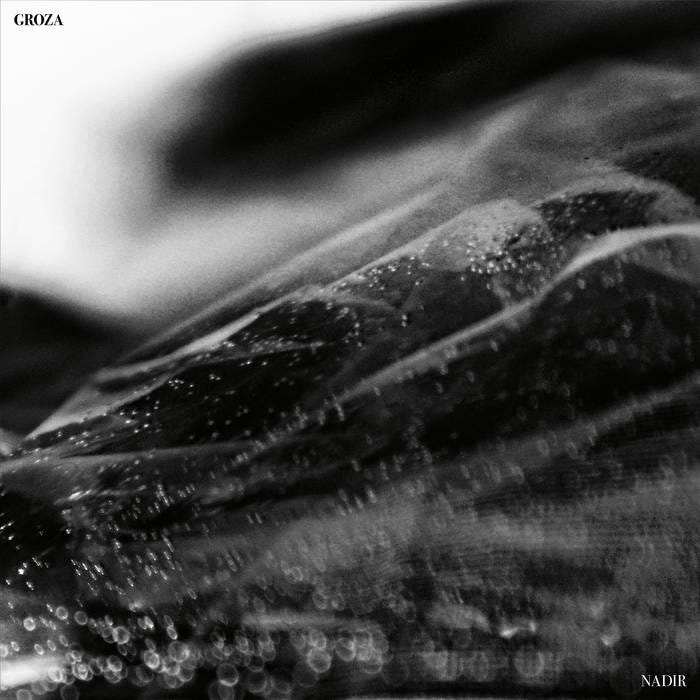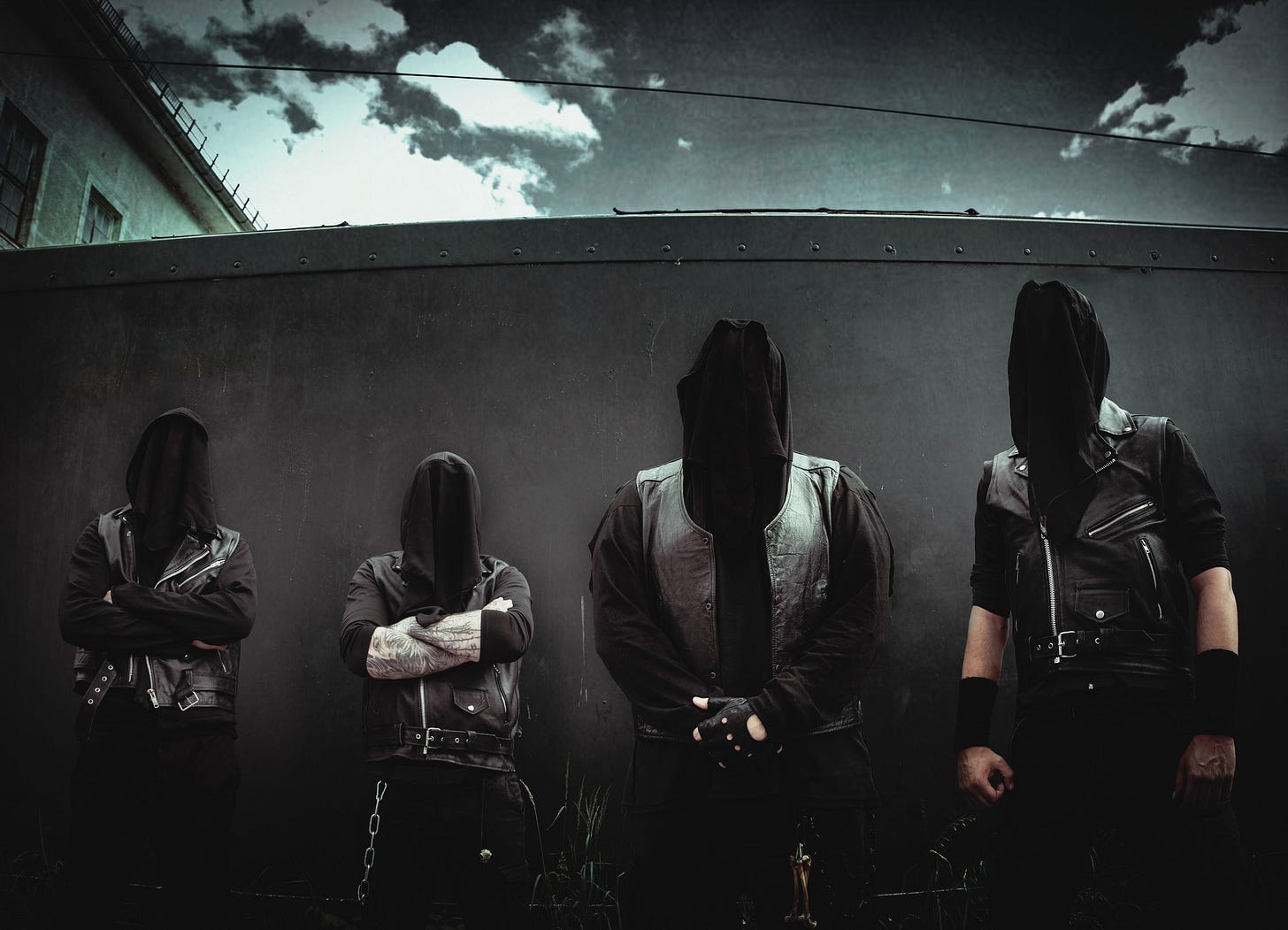“Imitation is the most sincere form of flattery” - or so they said.
By 2015, the Polish nihilists Mgła had released their now-legendary “Exercises in futility” - an album that would go on to influence the black metal climate the same manner that bands like Mayhem, Dissection, and Emperor did: in the sense that newer generations of bands would be heavily inspired by the austerity presented in “Exercises…”.
Black metal bleakness has never been so captivating and loved by many ever since.
Groza, founded by Peter “P.G” Ginglseder, is only one among many that takes after this particular black metal style: the Portuguese Gaerea, the American Uada, the now-defunct Greeks Human Serpent - hell, even the kinmen of the Polish fog would also find themselves playing a similar kind of music under the names like Plaga, Medico Peste, and Batushka.
But none of these bands has been a target for practitioners of paramount scorn to discharge their malice wholesale at like Groza: I cannot find another (ahem) Mgła-clone - for absolute lack of better words - who received a whopping 0% score on two consecutive full-length releases and even got branded with a tagline on Metal Archive that says, and I quote: “Mgła tribute band” out of spite (update: this has been rightfully removed before this article was even published); and this was until a few more compassionate voices finally stood up to, at the very least, give the Germans the merits they have been - quite frankly - owed.
Groza’s most recent full-length offering, “Nadir”, witnesses a noticeable departure from the sound that initially earned them the scathing ire of those accusing them of blatant plagiarism, with much more diverse range of expression throughout the 42-minute runtime, the most part of which being highly contemporary in its essence: built primarily on an atmospheric, emotional assault in the veins of Saor, Wolves in the Throne Room, and Harakiri for the Sky - the last two of these most prominent in sections where the band takes on a post-black/rock/hardcore cadence. For good measure, the closer “Daffodils” even features guest appearance from the last-mentioned band plus Karg.
That said, “Nadir” does not go so far as to forsake the Mgła DNA entirely: homages are still present in the album, distributed and scattered across the six tracks, clearest in the first two main tracks “Asbest” and “Dysthymian Dreams”.
Long gone are the days behind the Polish mist: Groza is assertively rising above their once-persecutors, and - alongside their peers within Europe like Gaerea, Non Est Deus and Dödsrit, pushing the old forms as far they can, effectively establishing as well as developing the standard sound of modern black metal: one that pays respect to the greats that have been here before it and also leaves its mark in the annals of the genre.






